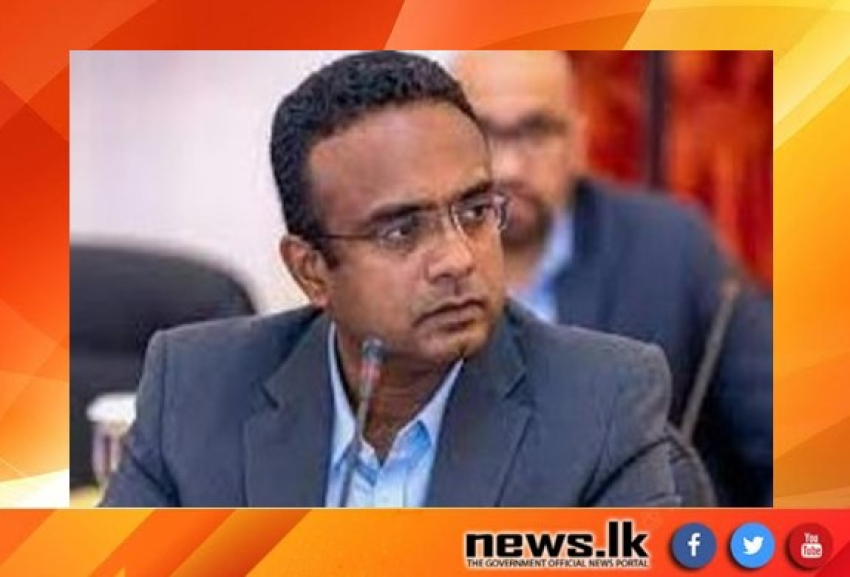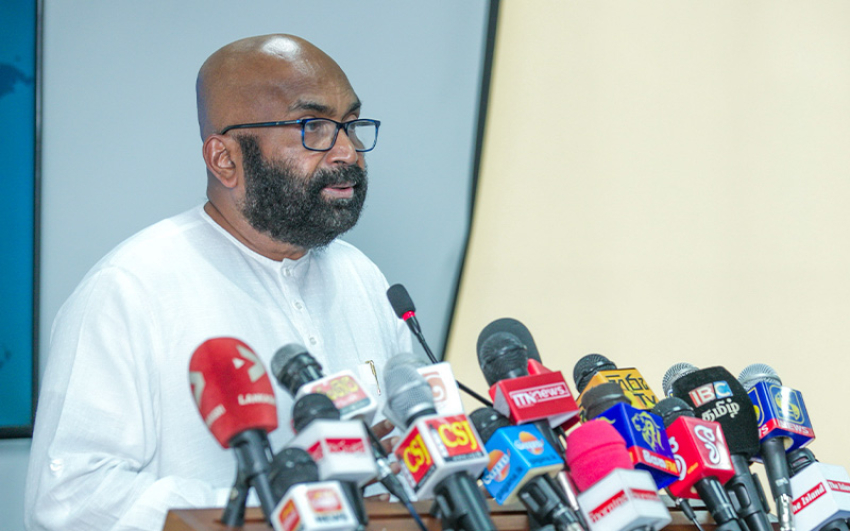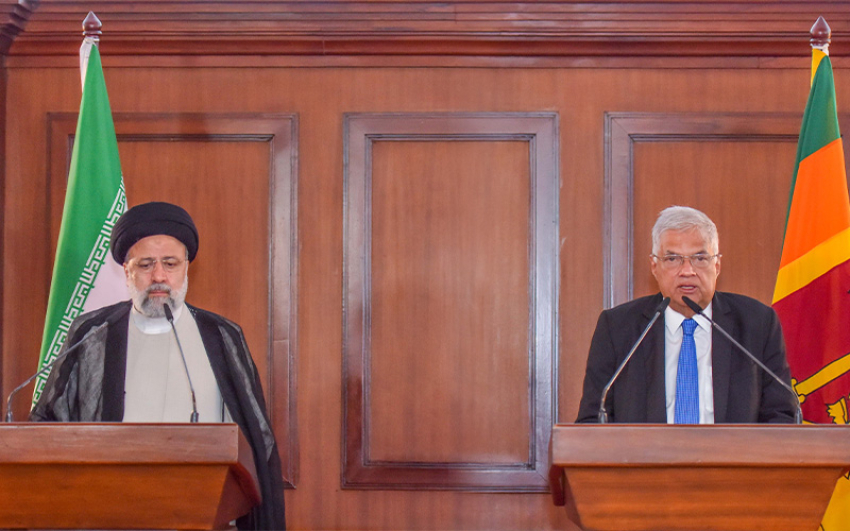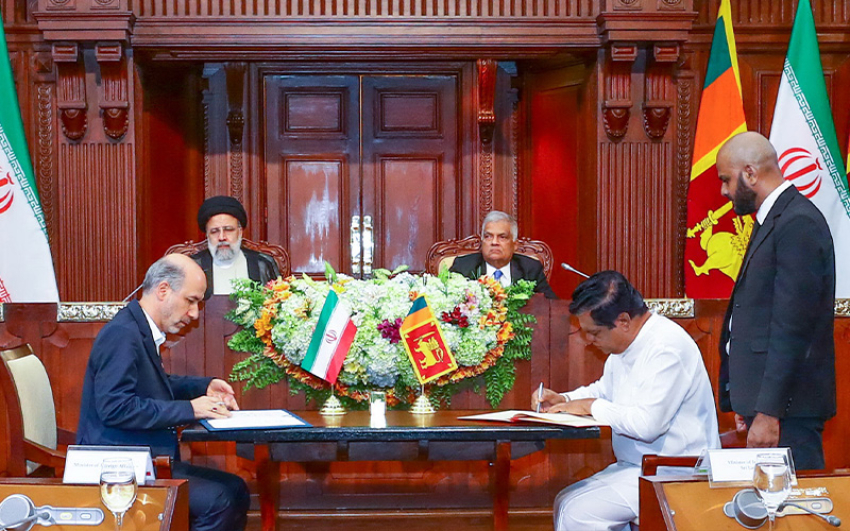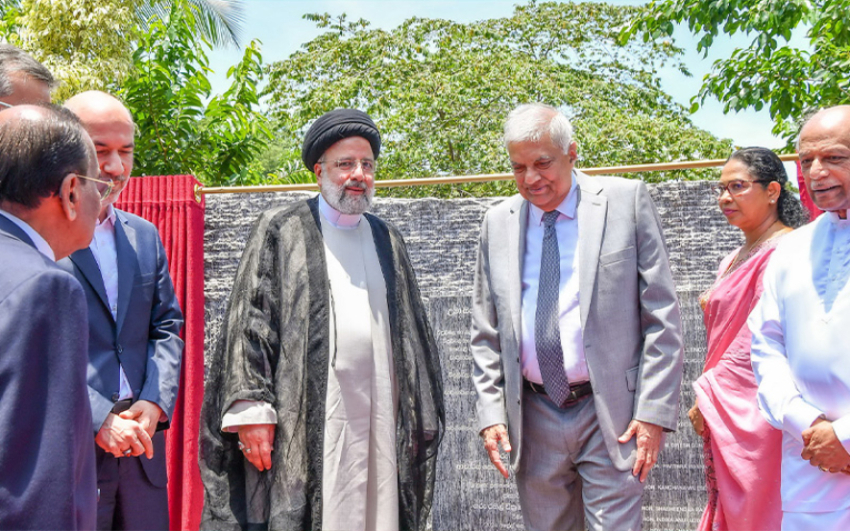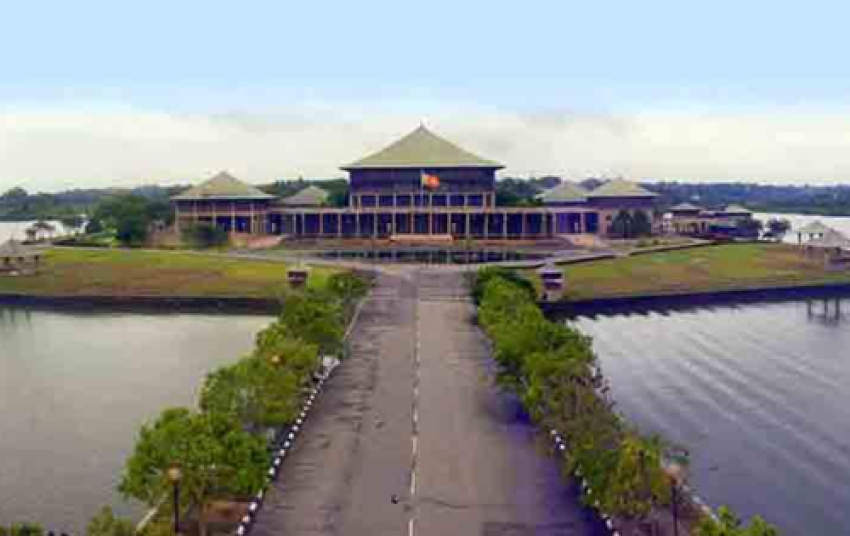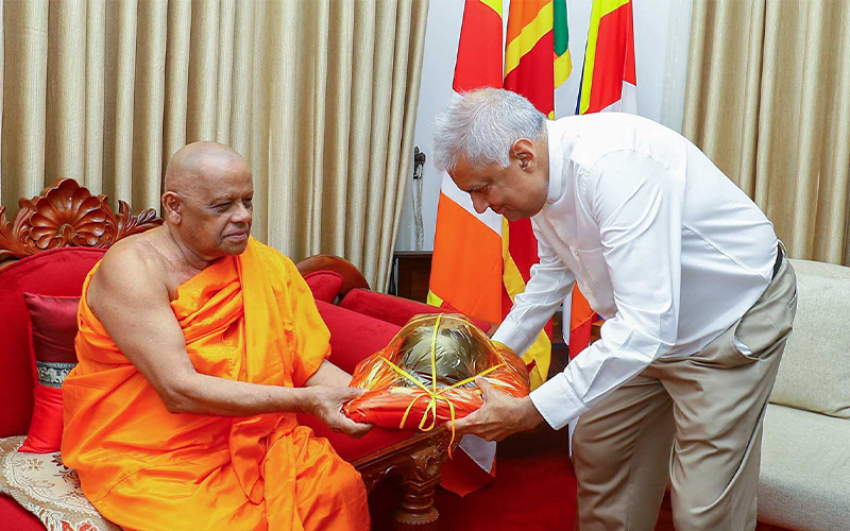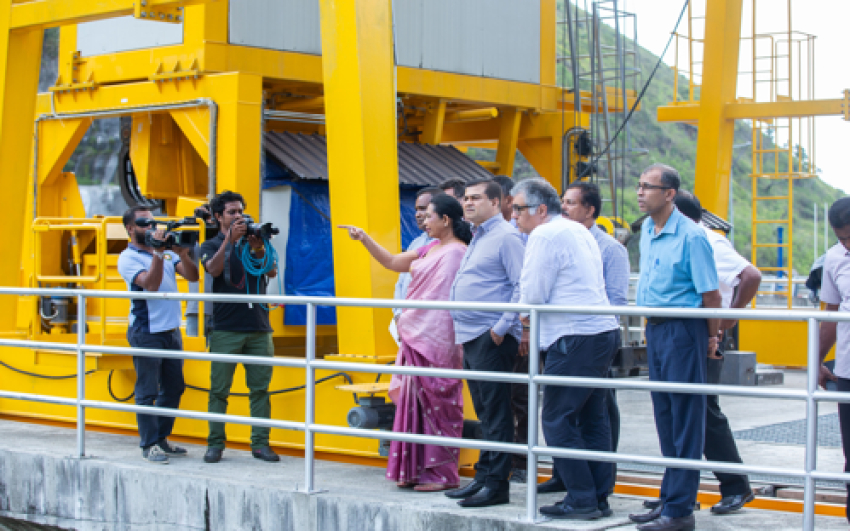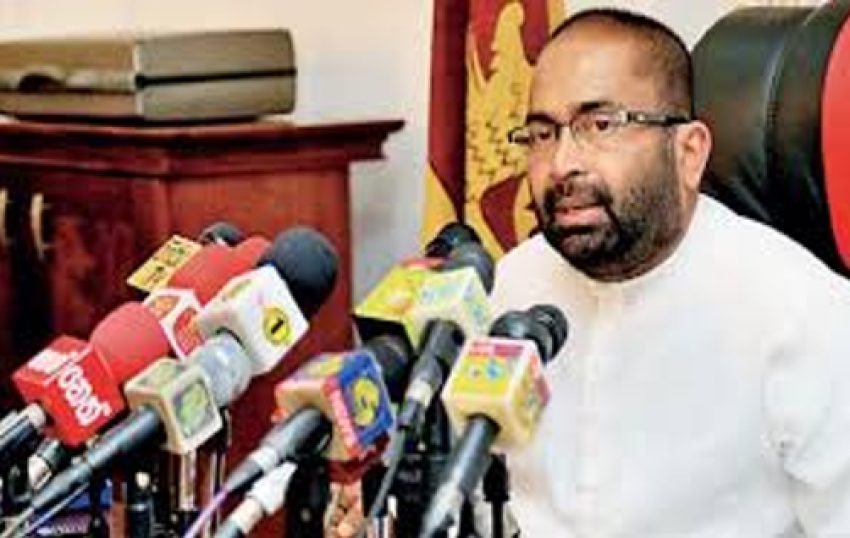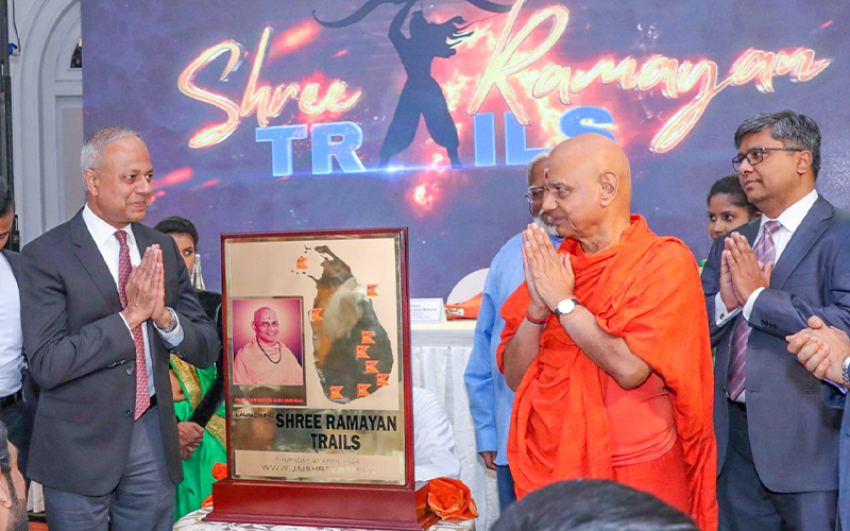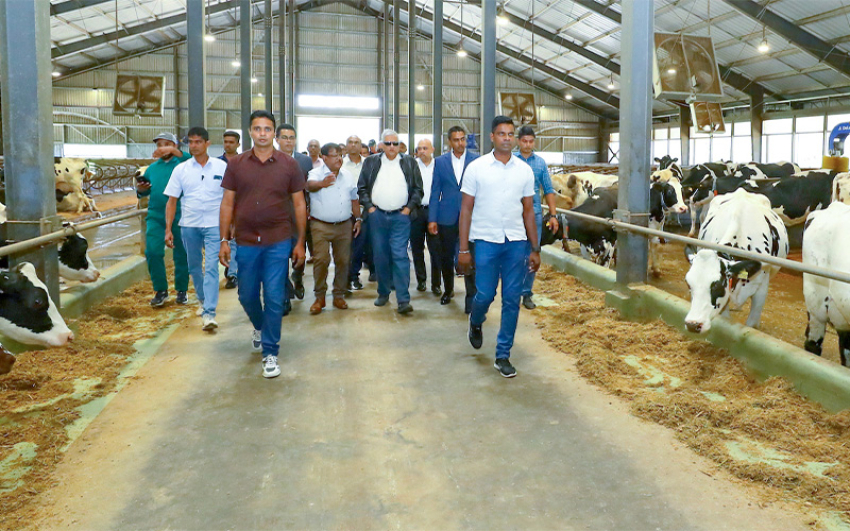During a press briefing convened (17), at the Presidential Media Centre (PMC), under the theme ‘One Way to a Stable Country’, Minister Manusha Nanayakkara expressed that providing free land ownership empowers individuals to participate in independent economic processes, making it a democratic investment for the future economy.
Minister Nanayakkara further addressed the economic challenges faced by the country, citing a significant loss of state revenue due to the the tax revision implemented in November 2019, a substantial amount of money was lost in state revenue, causing a decline in government revenue as a percentage of the gross domestic product to 8.5%. This amounted to approximately Rs. 600-700 billion. Compounded by the impact of the Covid-19 pandemic, inflation began to surge in the last quarter of 2021, reaching a staggering 73.70% by the end of 2022. Consequently, Sri Lanka found itself with the highest inflation rate globally.
Despite the government’s invitation to opposition parties to assume control of the country, none of the current critics stepped forward to take on this responsibility. The present President, Mr. Ranil Wickremesinghe, courageously accepted this significant challenge. He approached decision-making with utmost care, ultimately steering the country towards a relatively stable state.
In our capacity as a government, we introduced the 2023 budget with the primary objective of averting the country from entering a hyperinflationary situation. To achieve this goal, we implemented rigorous financial control measures. As a result of these efforts, we successfully reduced inflation to 0.80% by September 2023.
We are advancing as a social market economy with a comprehensive social security system. In alignment with this vision, this year’s budget has earmarked Rs. 183 billion for social security, which is three times the allocation in previous years. This substantial investment is expected to benefit twenty lakh families, providing a robust foundation for social welfare and economic stability.
Government employee salaries amount to Rs. 83 billion each month, with an additional Rs. 30 billion monthly allocated for Aswesuma and pensions. A substantial portion, totalling Rs. 220 billion, is dedicated to loan interest payments. In contrast, the monthly tax income stands at Rs. 215 billion, resulting in a deficit of Rs. 168 billion. Managing the economy under such challenging circumstances is indeed a formidable task. Despite these fiscal constraints, the government has taken steps to address the situation, including the implementation of a salary increase of Rs. 10,000.
Furthermore, substantial efforts have been made to ensure a robust economic future. The commendable ‘Garu Saru – Shramayata Abhimanak’ program, along with the new Employment Security Act, has significantly benefited expatriate workers.
Additionally, a noteworthy feature of this year’s budget is the provision of free land rights. Recognizing that land is a pivotal factor in the production process, this initiative empowers individuals to engage in economic activities independently. Holding land improperly under government control is not only against the constitution but also undermines the principles of economic autonomy. Under President Ranil Wickremesinghe’s administration, dedicated steps have been taken to rectify this error through the 2024 budget, marking a crucial democratic investment for the future economy.
Moreover, a dedicated provision of Rs. 4 billion has been allocated to grant land rights to the plantation communities.
Simultaneously, an allocation of Rs. 600 million has been earmarked to successfully conclude the ‘Bhim Saviya’ program. This initiative proposes the issuance of land certificates, granting full ownership to individuals who have not yet received such certificates. Furthermore, it aims to transfer ownership of urban rental houses to eligible recipients.
In a bid to enhance efficiency, plans have been formulated to reorganize and digitize existing government institutions. Notably, measures are being implemented to combat fraud within the Sri Lanka Customs, a crucial institution responsible for managing government revenue. These efforts include the on-going digitization of Sri Lanka Customs operations.
PMD

